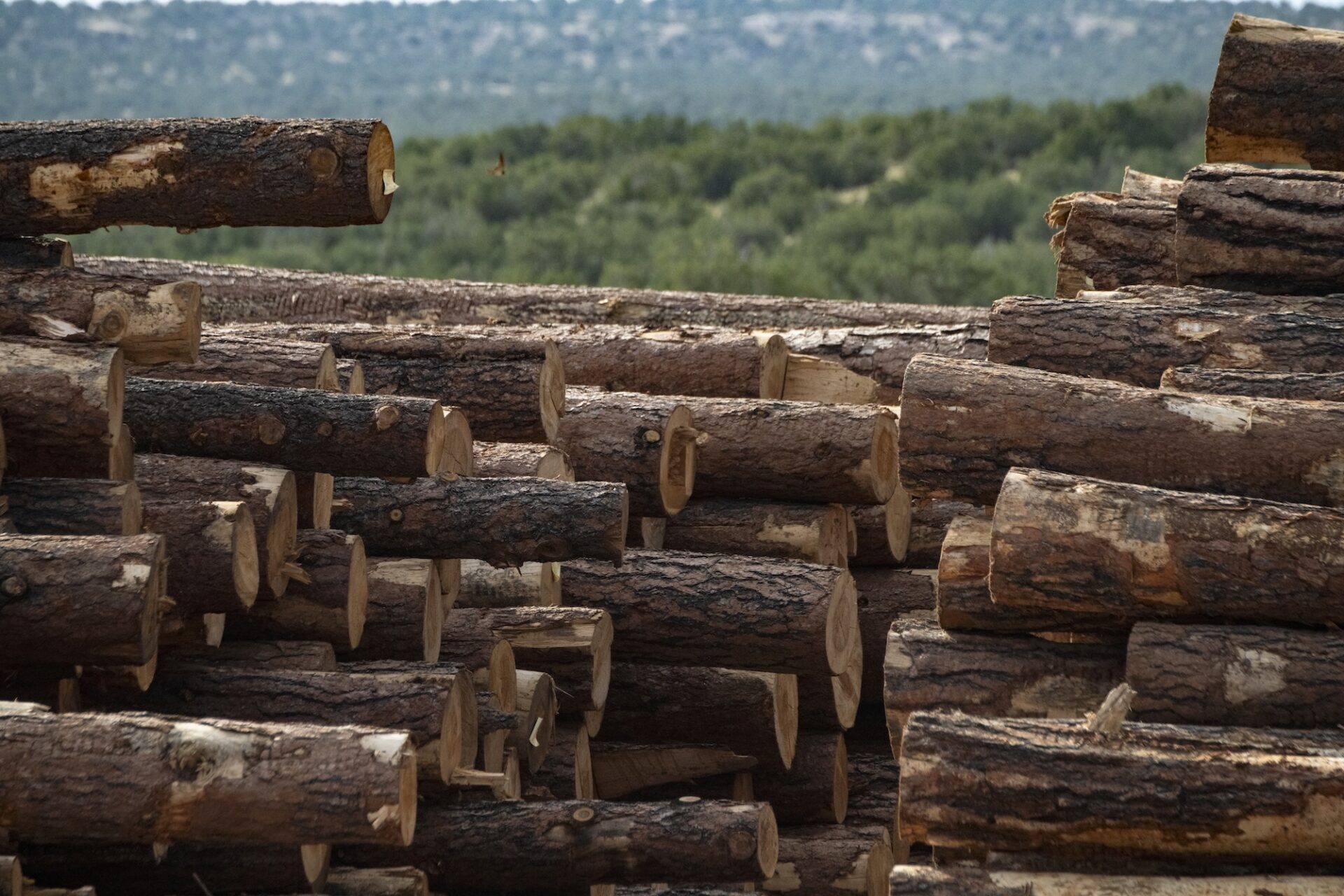HELENA, MT — Montana House Republicans criticized environmental groups Thursday for pursuing legal action against the Redd Bull 2 Project, calling the lawsuit another example of litigation that delays essential wildfire prevention work, while the U.S. Forest Service maintains its September decision meets all environmental requirements.
The Alliance for the Wild Rockies filed suit in U.S. District Court on August 22, challenging the Forest Service’s approval of the logging project in the Superior Ranger District west of St. Regis. The lawsuit alleges violations of the Endangered Species Act, National Environmental Policy Act, National Forest Management Act, and the Administrative Procedure Act.
The press release, issued by House Republicans, argues that responsible logging and active forest management are critical tools for protecting communities from catastrophic wildfires.
“Montanans know that if we want to protect our communities from catastrophic wildfires, we cannot leave our forests unmanaged,” the statement reads. “Responsible logging and active forest management are essential tools to reduce dangerous fuel loads, keep watersheds clean, and support working families across our state.”
The Republican caucus expressed frustration with what they characterized as legal challenges from “radical environmental groups” that prevent forest management projects from moving forward.
The Redd Bull 2 Project, approved by the Forest Service in September 2024, authorizes logging on 6,408 acres, including nearly 5,000 acres of regeneration timber harvest with prescribed fire. The decision also approves clearcuts ranging from 42 to 973 acres in size, along with road maintenance on 111 miles and construction of 12 miles of new roads.
However, the Forest Service issued a Finding of No Significant Impact alongside its decision, determining that the project would not have significant environmental effects. The agency conducted extensive consultation with the U.S. Fish and Wildlife Service under the Endangered Species Act and received a biological opinion concluding the project would not jeopardize bull trout or other listed species.
The Alliance’s lawsuit centers primarily on potential harm to bull trout, a threatened species that spawns in streams within the project area. The environmental group argues the project would adversely affect bull trout critical habitat in an area containing “some of the last remaining spawning and rearing habitat for migratory bull trout in the middle Clark Fork core area.”
But the Forest Service’s 176-page decision document addresses these concerns in detail, noting that while activities may temporarily affect bull trout during implementation, long-term effects would be beneficial through improved habitat conditions from restoration activities like culvert removals, road realignments, and other management practices.
The Alliance’s complaint challenges the scope of the environmental analysis, arguing the Forest Service failed to take a “hard look” at cumulative impacts and should have prepared a full Environmental Impact Statement rather than the Environmental Assessment that was completed. However, federal regulations require an EIS only when significant impacts are anticipated, and the Forest Service concluded none were expected.
The lawsuit also questions the project’s compliance with the Roadless Area Conservation Rule, though the Forest Service determined that proposed activities in the Marble Point Inventoried Roadless Area occur in areas where roadless characteristics were substantially altered by previous road construction and logging in the late 1980s and 1990s.
The Forest Service addressed extensive public input during the planning process, receiving comments during scoping and a 30-day comment period that was extended to 60 days. The agency also conducted collaborative meetings with local residents and stakeholders over several years.
“Every delay leaves dangerous fuels in place, puts nearby communities at greater risk, and prevents good management work from being done where it is needed most,” according to the House Republican statement.
The statement referenced filings from the U.S. Forest Service and U.S. Fish and Wildlife Service indicating the project would improve habitat conditions overall. The agencies acknowledged short-term impacts but concluded these would be outweighed by long-term benefits.
The press release emphasized the economic benefits of forest management work, stating that “thinning, prescribed fire, and responsible timber harvests create jobs, strengthen rural economies, and help safeguard the health and safety of people who call these landscapes home.”
The Redd Bull 2 Project lawsuit comes as Montana has increased its focus on forest management. In June, Governor Greg Gianforte signed a 20-year agreement with the U.S. Forest Service to manage at least 200,000 acres annually, and federal legislation has set goals to double Montana’s timber harvest to approximately 250 million board feet by 2034.
Montana officials warned of an active wildfire season this year, with dry and hot conditions expected to persist through August. The Windy Rock Wildfire, currently at zero percent containment, continues to burn as the fire season is likely to extend into September.
“House Republicans will continue standing with those who put Montana’s forests to work for the people and pushing back on efforts to stall them with endless litigation,” the statement concludes.
